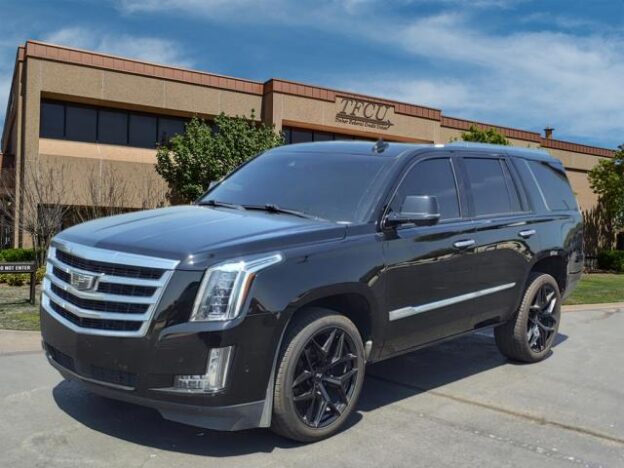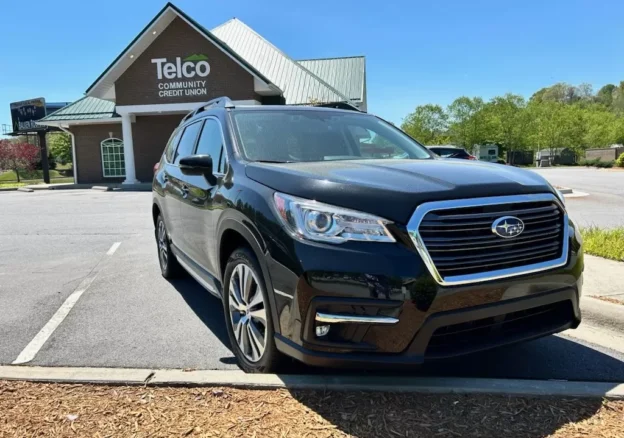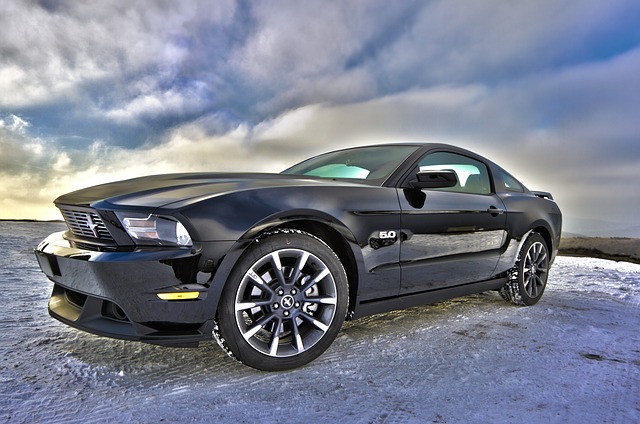
When it comes to financing a vehicle, a home, or even personal expenses, many people automatically think of large, well-known financial institutions. While these banks may seem convenient, smaller institutions like local banks and credit unions offer unique advantages that are often overlooked. Below, we’ll explore why getting financing through a small bank or credit union can be a smarter choice.
1. Personalized Service
One of the biggest advantages of choosing a small bank or credit union is the level of personalized service they offer. Unlike large, national banks that treat you like just another number, small banks and credit unions take the time to understand your financial needs and goals.
Local Decision Making
At small banks and credit unions, decisions about loans are made locally, often by people who live in the same community. This means they understand local market conditions and may be more flexible when reviewing your application. They aren’t bound by rigid corporate policies that dictate who qualifies for a loan.
Strong Relationships
Small institutions prioritize building relationships with their clients. Because they take the time to get to know you, they may be more willing to offer favorable terms or help you when financial problems arise. This relationship-based approach can be beneficial if you ever need to negotiate or restructure a loan.
2. Competitive Interest Rates
Many people assume that bigger banks offer the best deals on loans, but that’s not always the case. Credit unions, in particular, are known for offering lower interest rates on loans because they are nonprofit institutions. Small banks also tend to have competitive rates since they focus on building long-term relationships rather than just increasing profits.
Why Credit Unions Can Offer Lower Rates
Credit unions operate differently from large banks. As nonprofit organizations, they return any profits to their members in the form of lower loan rates, higher savings rates, and reduced fees. When you borrow from a credit union, you’re essentially borrowing from yourself and other members, which translates to more savings.
3. Fewer Fees and Hidden Costs
Big banks often tack on extra fees for services such as account maintenance, loan origination, or late payments. These fees can add up, making your loan more expensive than it seems at first. Small banks and credit unions, on the other hand, tend to have fewer fees or lower fees because they aren’t focused on maximizing profits at every turn.
Transparent Pricing
Smaller institutions are generally more transparent when it comes to pricing. They value their members or customers and are less likely to hit you with unexpected fees or costs. This transparency can save you money over the life of your loan.
4. Community-Focused Lending
Small banks and credit unions are often heavily involved in their local communities. They have a vested interest in seeing local businesses and residents succeed because their own success is tied to the prosperity of the community. As a result, they may offer special loan programs or incentives to help local borrowers.
Supporting Local Businesses
By choosing a small bank or credit union, you’re not just helping yourself—you’re also supporting a local institution that reinvests in the community. Many credit unions and small banks sponsor local events, fund educational programs, and offer loans to small businesses. When you bank with them, you contribute to the overall well-being of your community.
5. Easier Qualification Process
Small banks and credit unions are often more flexible when it comes to qualification criteria. Because they focus on building long-term relationships, they may be willing to consider factors beyond just your credit score.
Tailored Solutions
Small institutions have the ability to offer customized loan packages based on your specific situation. Whether it’s extending the loan term, adjusting interest rates, or offering other incentives, they are often more open to working with you than a large bank would be.
6. Member Benefits at Credit Unions
When you join a credit union, you’re not just a customer—you become a member and part-owner. This unique structure means that credit unions are focused on serving their members, not generating profits for shareholders. Many credit unions offer special perks for members, such as lower rates on other financial products, discounts, or financial education resources.
Profit Sharing
Some credit unions also distribute profits to their members at the end of the year. This might come in the form of dividend payments, lower interest rates, or even cash bonuses. These extra benefits can add real value and help you save money over time.
Conclusion: Why Small Banks and Credit Unions Make Sense
While large banks may seem like the default choice for financing, smaller banks and credit unions offer many advantages. If you’re considering a loan for a bank owned vehicle they are a fantastic choice as you may even get preferential rates and discounts. From personalized service and competitive rates to fewer fees and community-focused lending, these institutions provide a more cost-effective approach to financing. When you choose to get a loan from a small bank or credit union, you’re not just making a smart financial decision for yourself—you’re also supporting your local community.















